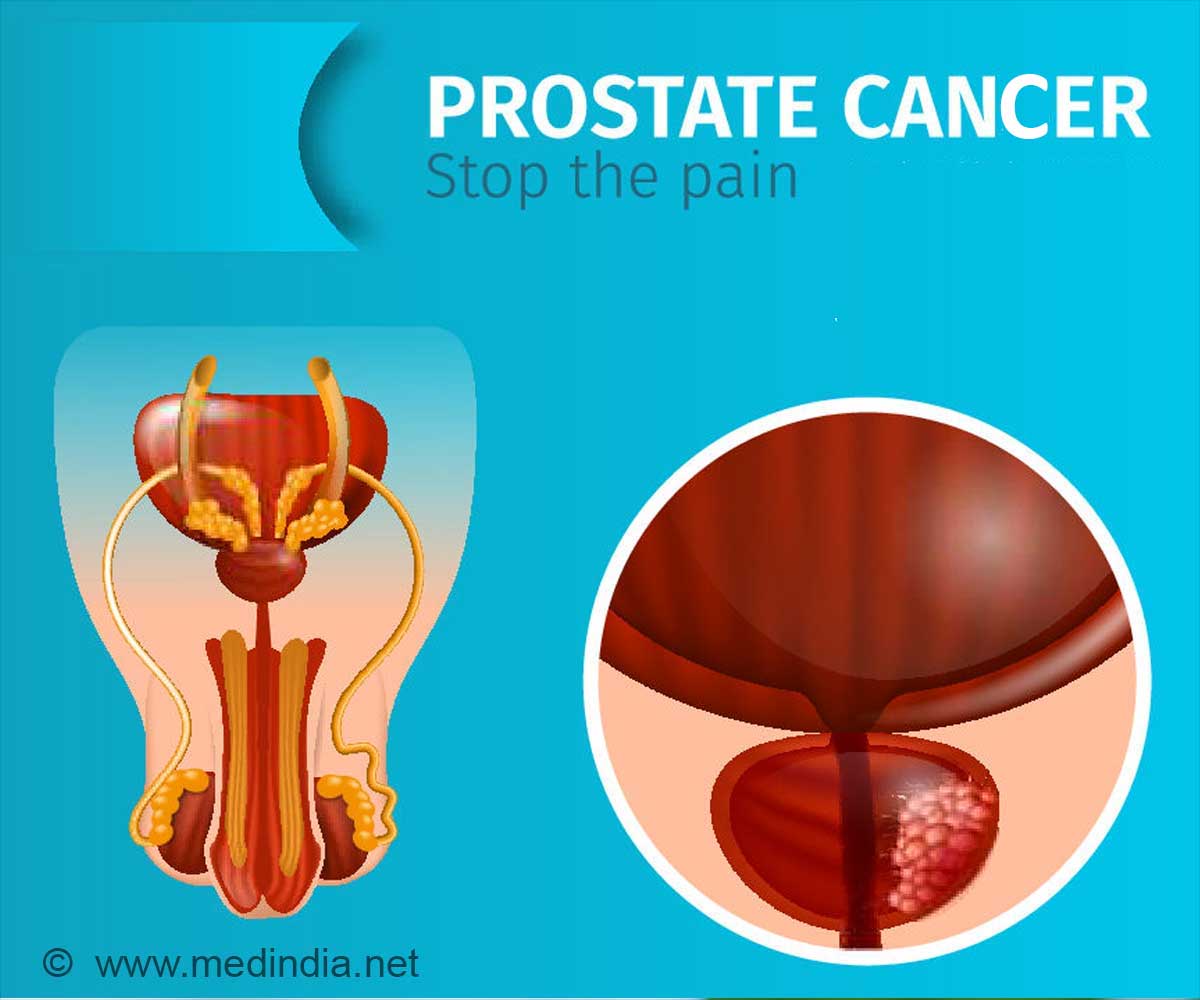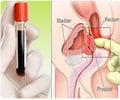Prostate cancer patients need rapid assimilation of information to weigh their treatment options and make decisions

"The availability and quality of information are particularly relevant in prostate cancer, which affects a large number of men and is associated with significant treatment-related side effects. Despite its high prevalence, though, we know relatively little about the use and helpfulness of patient information materials among prostate cancer patients," says lead investigator John T. Wei, MD, MS, of the Department of Urology, University of Michigan Health System, Ann Arbor.
Researchers conducted a prospective, multicenter study on the use of information and satisfaction among a sample of men recently diagnosed with early stage prostate cancer undergoing definitive therapy. Over 1,200 men were enrolled in the PROST-QA (Prostate Cancer Outcomes and Satisfaction with Treatment Quality Assessment) study. Study participants completed several questionnaires before treatment and during follow-up through computer-assisted telephone interviews.
Although nearly 90% of the participants were Caucasian, 135 subjects of minority race also participated. Primary treatment included radical prostatectomy, external beam radiation therapy, or brachytherapy, with or without androgen deprivation therapy.
Researchers found that information sources used by patients varied significantly according to race, education, and study site. The most commonly used source of information was physician description (93.2%), followed by print sources such as pamphlets and brochures (82.5%). The majority of men also used other sources, including websites (68%), family and friends (63.7%), and books on prostate cancer (59.1%). Other sources, such as video media, access to other men treated for prostate cancer, and summaries of physician-specific outcomes were used less often.
The use and helpfulness of different information sources varied by factors such as age, race, education level, income, and marital status. Differences in the use of sources were apparent among men of different backgrounds. In general, younger, non-black, married men with college educations and higher incomes used more sources of information. This was most apparent in the use of Internet-based sources, where there were significant differences among men of different socioeconomic and educational backgrounds. Significant differences were also seen in the use of books, family and friends, and access to other men with previous experience with prostate cancer treatments.
Advertisement
"For prostate cancer patients, the impact of treatment on health-related quality of life is an important consideration. Reliable pretreatment information may allow patients to set expectations regarding treatment outcomes and make informed decisions in selecting therapy. Our results indicate that outcome information specific to the treating physician is associated with greater patient satisfaction following treatment, and that this type of information may assist patients in the decision making process," he concludes.
Advertisement
Source-Eurekalert








![Prostate Specific Antigen [PSA] Prostate Specific Antigen [PSA]](https://www.medindia.net/images/common/patientinfo/120_100/prostate-specific-antigen.jpg)




